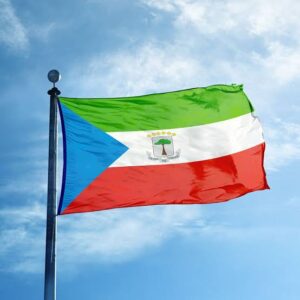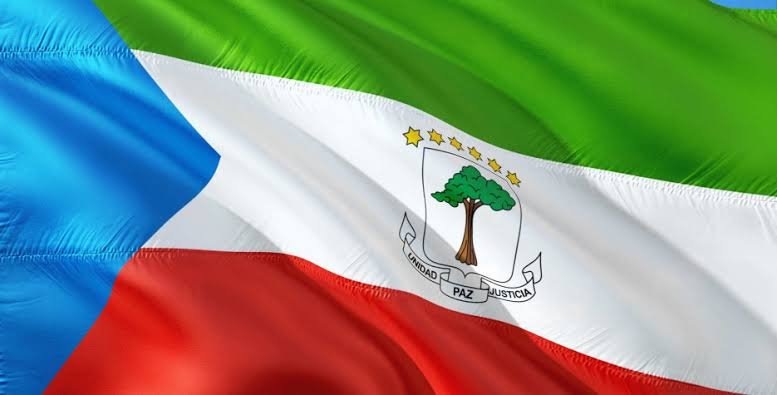Equatorial Guinea Independence Day – October 12, 2022, history, significance
Equatorial Guinea Independence Day is celebrated on October 12 of each year. The holiday marks the day on which Equatorial Guinea gained independence from Spain in 1968. The country is located in West-Central Africa and is divided into one major landmass on the continent of Africa and islands.
Due to Spain’s centuries-long domination of the country, the national language is still Spanish. The country does have over 18 states recognized languages, including English, French, Portuguese, Hindi, Combo, Susu, Gujarati, Bubi, Hassaniya Arabic, Nzebi, etc.
HISTORY OF EQUATORIAL GUINEA INDEPENDENCE DAY

Equatorial Guinea’s first inhabitants are believed to have been ‘Pygmies’ — this group continues to exist only in isolated areas of Rio Mundi. The ‘Bantu’ people are believed to have migrated to the region in the 17th and 19th centuries. Diversity in Equatorial Guinea expanded as the ‘Fang,’ ‘Igbo,’ ‘Bubi,’ and ‘Annobon’ people eventually also began living within the country.
Fernão do Pó — an explorer — was the first of the Portuguese to land up in Equatorial Guinea in 1472, whilst seeking an alternate path to India. In 1474, the islands of Bioko and Annobón, where he first landed, were colonized. The Spanish and the British eventually took control of Equatorial Guinea. Cacao plantations sprang up throughout the region, and the country’s indigenous peoples were eventually forced to work on the farms.
Nationalism began to emerge in the early 1960s, which capitalized on the strong wave of nationalist sentiments in west-central Africa at the time. Under pressure from the U.N. and nationalists — Spain announced its plans to grant independence to Equatorial Guinea.
The people soon ratified a constitution and on October 12, 1968, the country elected Francisco Macías Nguema as the first president and gained independence from the Spanish after centuries of colonization. However, the country was eventually turned into a one-party state in July 1971 and Macias took over the country as an authoritarian dictator.
EQUATORIAL GUINEA INDEPENDENCE DAY TIMELINE
1472
The Portuguese Arrive
Fernão do Pó — a Portuguese explorer — first arrives in Bioko.
1474
Portuguese Annexation Of Equatorial Guinea
The Portuguese officially colonize Equatorial Guinea.
17th Century
Migration Of The Bantu People
The Bantu people begin migrating to Equatorial Guinea.
1968
Independence
Equatorial Guinea gains independence from the Spanish on October 10.
HOW TO OBSERVE EQUATORIAL GUINEA INDEPENDENCE DAY
Read about the history of Equatorial Guinea
Equatorial Guinea has a rich history. Use this day as an opportunity to learn about it.
Visit Equatorial Guinea
Equatorial Guinea is a beautiful country. If it’s your cup of tea, visit the country.
Donate
If it’s within your means, donate to a charitable foundation working to improve the living conditions within the country
5 INTERESTING FACTS ABOUT EQUATORIAL GUINEA
Official language
Equatorial Guinea is the only country in Africa to have Spanish as its national language.
Capital city
The capital city of Equatorial Guinea is Malabo.
High literacy rate
Equatorial Guinea has the highest literacy rate in sub-Saharan Africa.
Member of the U.N.
Equatorial Guinea is the smallest African country to be a part of the United Nations.
Third-largest oil exporter
Equatorial Guinea is the third-largest oil exporter in sub-Saharan Africa.
WHY EQUATORIAL GUINEA INDEPENDENCE DAY IS IMPORTANT
It’s an opportunity to learn about history
Equatorial Guinea has a rich history. We’ll take any opportunity to read about it!
It highlights the political status of the country
Equatorial Guinea’s independence is invariably linked to the current political climate of the country. Understanding this holiday helps us understand the roots of the current situation in Equatorial Guinea.
It reminds us of the long-lasting effects of colonialism
Colonialism may seem like a thing of the past, but holidays like this remind us that much of the Global South is still reeling from the effects of centuries of exploitation. It is important to remember the wrongs of the past, to not repeat them in the future.



